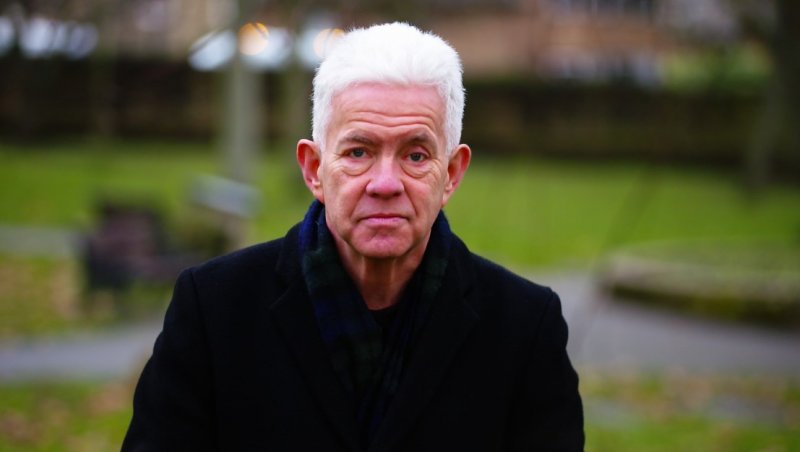BARNSLEY residents are living longer, according to a new report which delves into the town’s life expectancy rates.
Figures, revealed in the council’s borough profile for 2019, show that residents are now expected to stay healthier for substantially longer than in the past.
Healthy life expectancy at birth for females in Barnsley has increased by four-and-a-half years since a study between 2010 and 2012 - during this same time period the Yorkshire and Humber rate decreased by 0.4 years and the national rate decreased by 0.1.
For males in Barnsley, it has increased by two years when the Yorkshire and Humber rate increased by 0.4 years and the national rate remained the same.
The report, which was discussed by the council’s ruling cabinet members on Wednesday, said: “Life expectancy at birth for females is currently 81.9 years compared with 79.6 years between 2001 and 2003. The difference in life expectancy at birth for females born in Barnsley and those in the rest of England is 1.2 years.
“The gap between Barnsley and England figures has slightly decreased when compared with 2012 to 2014, where the difference was 1.4 years.
“Life expectancy at birth for males is currently 78.1 years compared with 74.6 years between 2001 and 2003. The difference in life expectancy at birth for males born in Barnsley and those in the rest of England is 1.5 years.
“The gap between Barnsley and England figures for men has slightly widened when compared with 2012 to 2014, where the difference was 1.1 years.”
The improvement is credited in part to work done by the council with projects such as its innovative scheme to create a smoke-free borough, dubbed Breathe 2025.
Smoking prevalence across Barnsley was at 21.2 per cent early last year, which equated to more than 52,000 smokers in the town or more than one in five people, although latest figures suggest that that percentage has dropped by about four per cent as a result of the stop-smoking scheme.
Breathe 2025 aims to remove smoking from the sight of children and to create a generation where the habit is not regarded as normal behaviour, on the grounds it is better that people do not begin smoking rather than being persuaded to give up the addiction later.
Sarah Norman, chief executive of the council, added: “I was surprised to see how much healthy life expectancy is improving, compared to the region and nationally.”




























